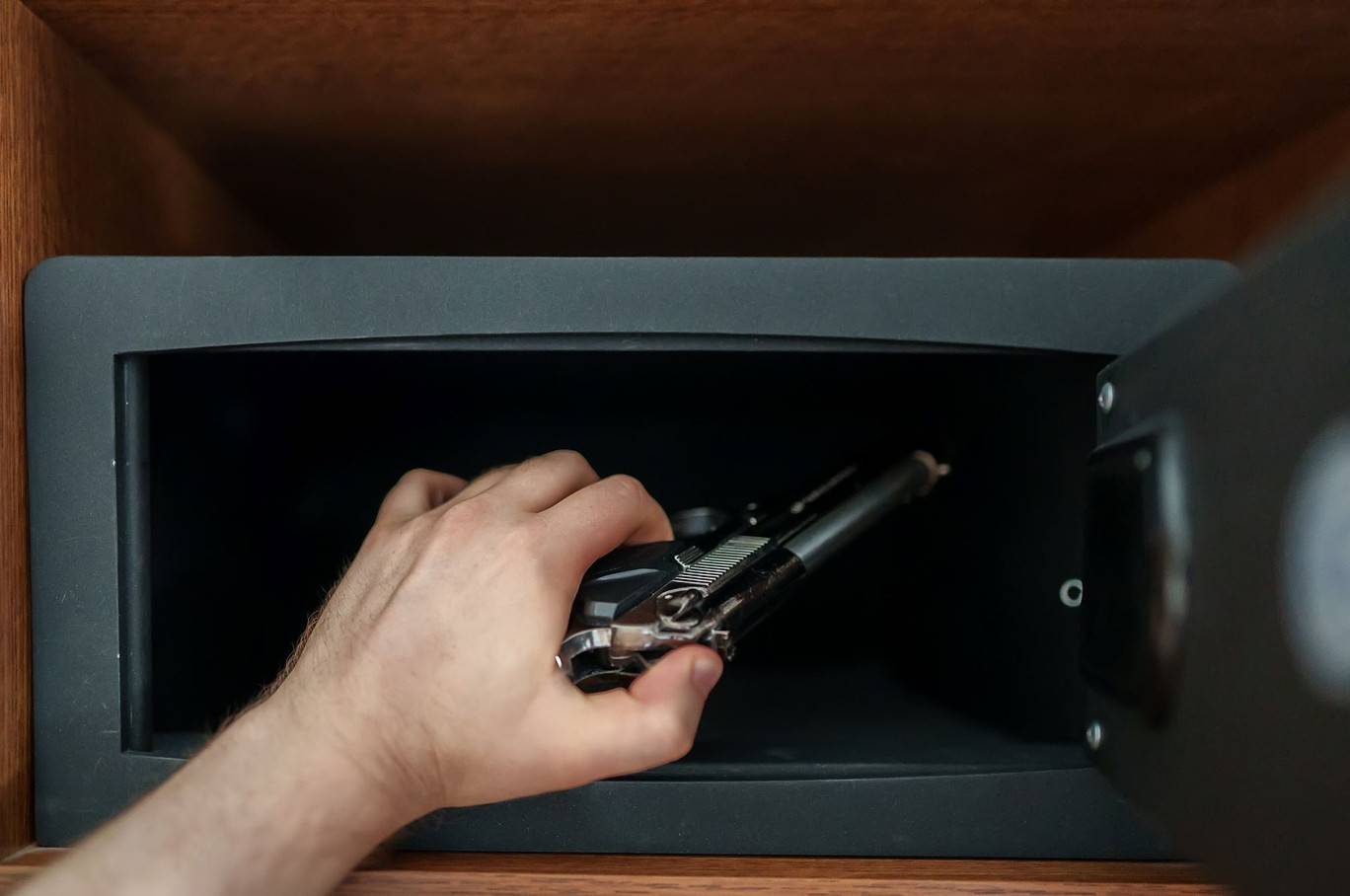What is a Firearms Prohibition Order (FPO)?
A Firearms Prohibition Order (FPO) is an order issued by the NSW Police Commissioner against individuals deemed unfit to possess a firearm in the public interest. The order becomes effective as soon as it is served on the individual.
Who can be issued an FPO?
The NSW Police apply the standard of being unfit to possess a firearm broadly. FPOs are often issued to high-profile figures, members of motorcycle clubs, people with connections to organised crime, terrorism, or those with previous criminal links. Importantly, you do not need to have been convicted of a crime to be subject to an FPO. Nominations for an FPO can come from either the police or members of the public.
FPOs are not decided by a court, and the grounds used to issue them don’t require the same level of evidence as is necessary in a judicial setting.
What does being subject to an FPO entail?
Primarily, being the subject of an FPO means you are banned from obtaining, using, or possessing firearms, ammunition, or firearm parts. In addition, NSW Police gain special powers over individuals subject to an FPO.
An FPO also prevents you from living in any location where firearms are stored, and it may affect your family, employment, and personal associations.
What powers do NSW Police have under an FPO?
When someone is under an FPO, police are authorised to detain and search the person, as well as any vehicle, vessel, or aircraft they are in, without needing a warrant or reasonable cause. The only justification needed is ensuring compliance with the order. Police can also enter any premises, such as your home or workplace, without a warrant.
How long does an FPO remain in effect?
An FPO typically lasts for ten years from the date of issue.
What happens if I breach an FPO?
If you are subject to an FPO and found in possession of a firearm, ammunition, or firearm parts, you may face a prison sentence of up to 14 years.
Can I challenge an FPO?
Yes, if you’ve been issued an FPO, you have the right to challenge it. This challenge must be filed within 28 days of receiving the order.
How can Conditsis Lawyers assist with FPOs?
At Conditsis Lawyers, we offer expert legal advice to help you comply with FPO requirements and defend you if you’ve been charged with offences related to an FPO. Contact us for a private consultation.



